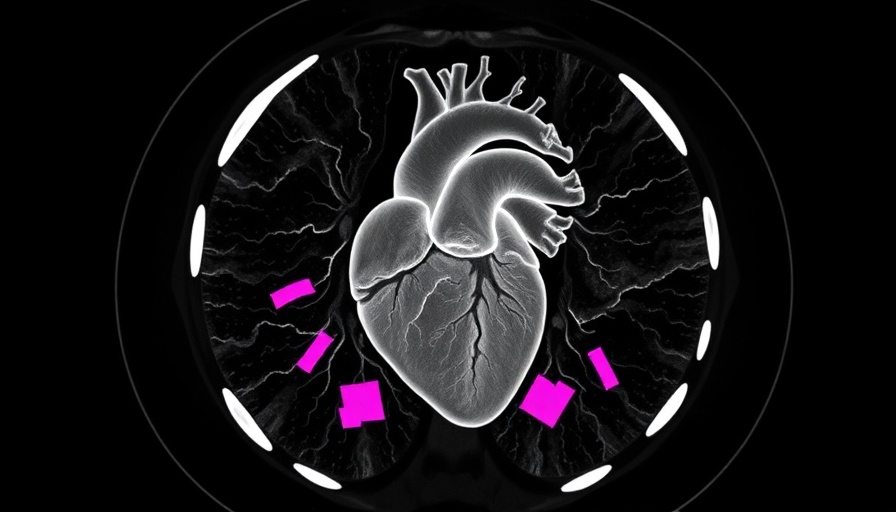
Understanding the Link Between Heavy Drinking and Unexpected Pregnancies
Recent research reveals alarming statistics regarding heavy alcohol consumption and pregnancy risks. A longitudinal cohort study has highlighted that heavy drinking increases the risk of pregnancy by 51% among individuals who actively desire to avoid conception. This newfound clarity not only sheds light on behavioral risks associated with substance use but raises broader questions about reproductive health practices among younger populations.
The Study: Methodology and Findings
This innovative study, conducted from 2019 to 2022 across five southwestern U.S. states, tracked 2015 individuals aged between 15 and 34 years through electronic surveys. Participants reported their substance use and pregnancy preferences quarterly, utilizing the Desire to Avoid Pregnancy scale. The findings indicated that a staggering 40% of participants consumed alcohol heavily, while 16% used cannabis, further emphasizing the urgent need for preventive education regarding the impacts of substance use on reproductive choices.
Behavioral Insights: Why Are We Not Changing?
Interestingly, the authors of the study pointed out that while alcohol consumption is common and socially accepted in the U.S., most people do not modify their drinking habits even when contemplating pregnancy. This behavior reflects a significant gap in preventive health education. The challenge lies in sustaining behavior changes before a potential pregnancy occurs, particularly when many pregnancies are unplanned.
Comparative Analysis: Alcohol vs. Cannabis Use
While heavy drinking was found to correlate positively with unexpected pregnancies, cannabis use presented a different narrative. Less frequent cannabis consumption was associated with a higher likelihood of pregnancy but only among individuals with a lower desire to avoid it. This contrast highlights the stigmas surrounding drug use and the complexities in public perception of substances that could affect reproductive choices.
The Broader Societal Implications
This research underscores the need for comprehensive reproductive health communications and interventions that account for substance use behaviors. Understanding the intersection between alcohol consumption and unexpected pregnancies is crucial for implementing effective strategies. As society grapples with changing perceptions around cannabis, this research may inform future educational frameworks aimed at reducing risky behaviors associated with pregnancy planning.
Conclusion: The Road Ahead
The elevated risk of pregnancy linked to heavy alcohol consumption among those intending to avoid pregnancy is a clarion call for society. It demonstrates the need to reevaluate our approach to reproductive health education and support systems. Ensuring that individuals of reproductive age are equipped with the necessary tools to manage their health choices can pave the way for more informed decision-making in the future. The data provides valuable insights into areas needing further exploration and action.
 Add Row
Add Row  Add
Add 




Write A Comment